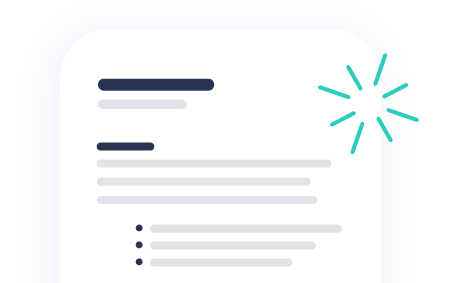
AI Writing
In recent years, artificial intelligence (AI) has made significant progress in various fields, including writing. AI writing, also known as natural language generation (NLG), is a process in which machines can generate human-like text, from short paragraphs to entire articles, without the need for human intervention. The application of AI writing is widespread, ranging from chatbots to personalized marketing messages, from news articles to scientific research papers. In this article, we will discuss the current state of AI writing, its advantages and challenges, and its future prospects.
Advantages of AI Writing
AI writing has several advantages over traditional writing methods. One of the most significant advantages is its speed. AI can generate thousands of words in minutes, which would take human writers several hours or days. This speed can be especially useful for tasks that require large amounts of text, such as product descriptions or social media posts.
Another advantage of AI writing is its consistency. AI algorithms can ensure that the writing style and tone remain consistent throughout the text, which can be challenging for human writers, particularly in longer documents. Consistency is particularly important in areas such as legal or technical writing, where accuracy and precision are critical.
AI writing can also improve efficiency by automating repetitive writing tasks, such as creating product descriptions or news summaries. This automation can save time and reduce costs, as human writers can focus on more creative tasks that require human input.
Challenges of AI Writing
Despite its advantages, AI writing also faces several challenges. One of the most significant challenges is the quality of the generated text. Although AI can generate text quickly and consistently, the quality of the text can vary significantly. The text generated by AI can often lack coherence, and it may contain grammatical errors or awkward phrasing.
Another challenge is the lack of creativity in AI writing. AI algorithms can generate text based on patterns and templates, but they cannot produce truly original ideas or concepts. This limitation makes AI writing unsuitable for creative writing tasks, such as writing novels or poetry.
Furthermore, there is a risk of bias in AI writing, particularly when the training data used to train the AI algorithms are biased. This bias can lead to the production of discriminatory or offensive text.
Future Prospects of AI Writing
Despite its challenges, AI writing has a bright future ahead. The technology is continually improving, and AI algorithms are becoming more sophisticated and accurate. As AI writing becomes more advanced, it has the potential to transform the writing industry by automating mundane tasks and improving writing efficiency.
Furthermore, AI writing can be used to improve accessibility by creating content in multiple languages and formats, making information more accessible to people worldwide. AI writing can also be used to personalize content, such as creating tailored news articles or marketing messages based on user preferences and interests.
Conclusion
AI writing is a rapidly evolving technology with several advantages and challenges. Its speed and consistency can save time and reduce costs, but its quality and lack of creativity remain significant concerns. However, as AI writing technology improves, it has the potential to transform the writing industry and improve accessibility and personalization.

